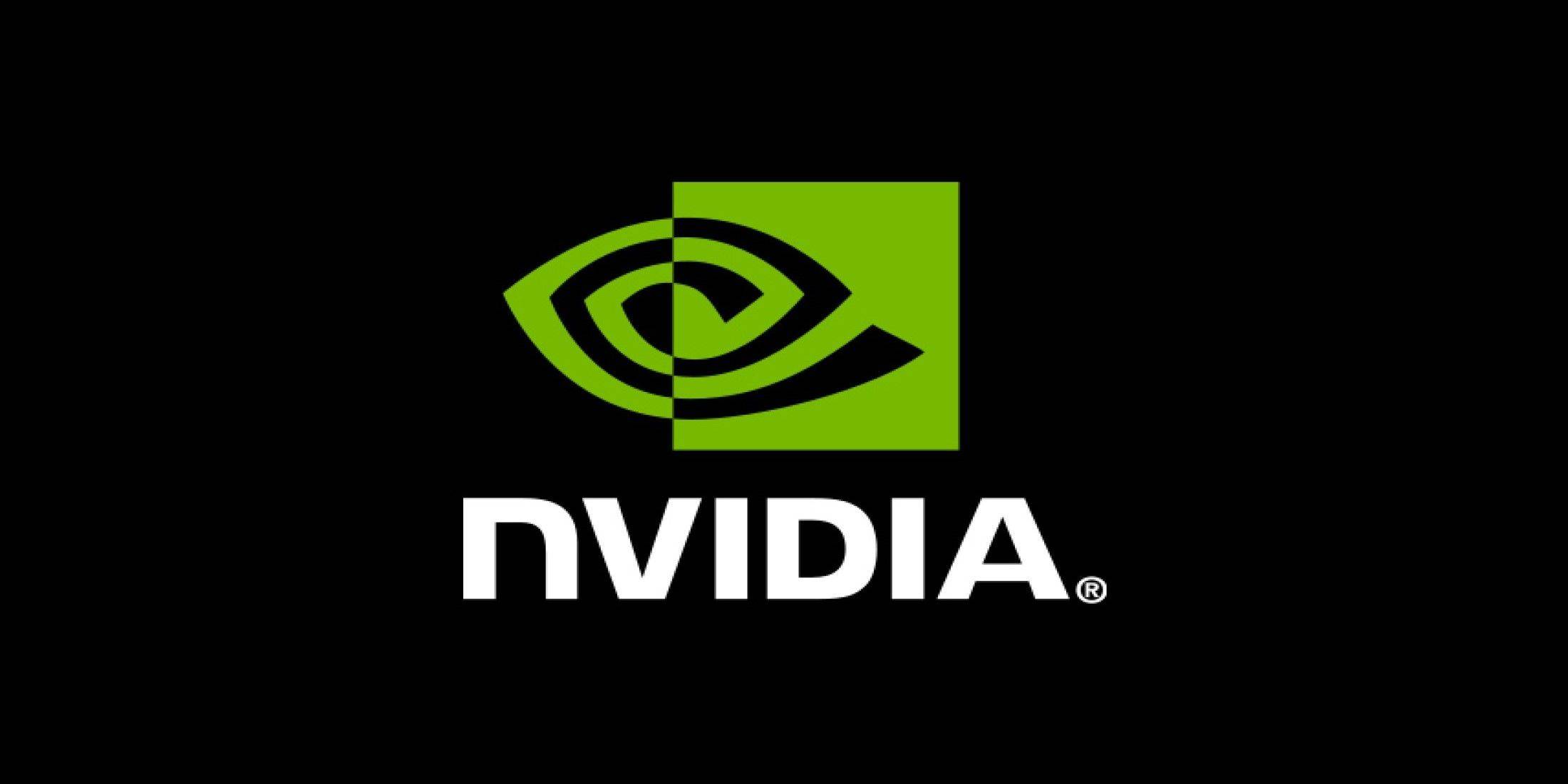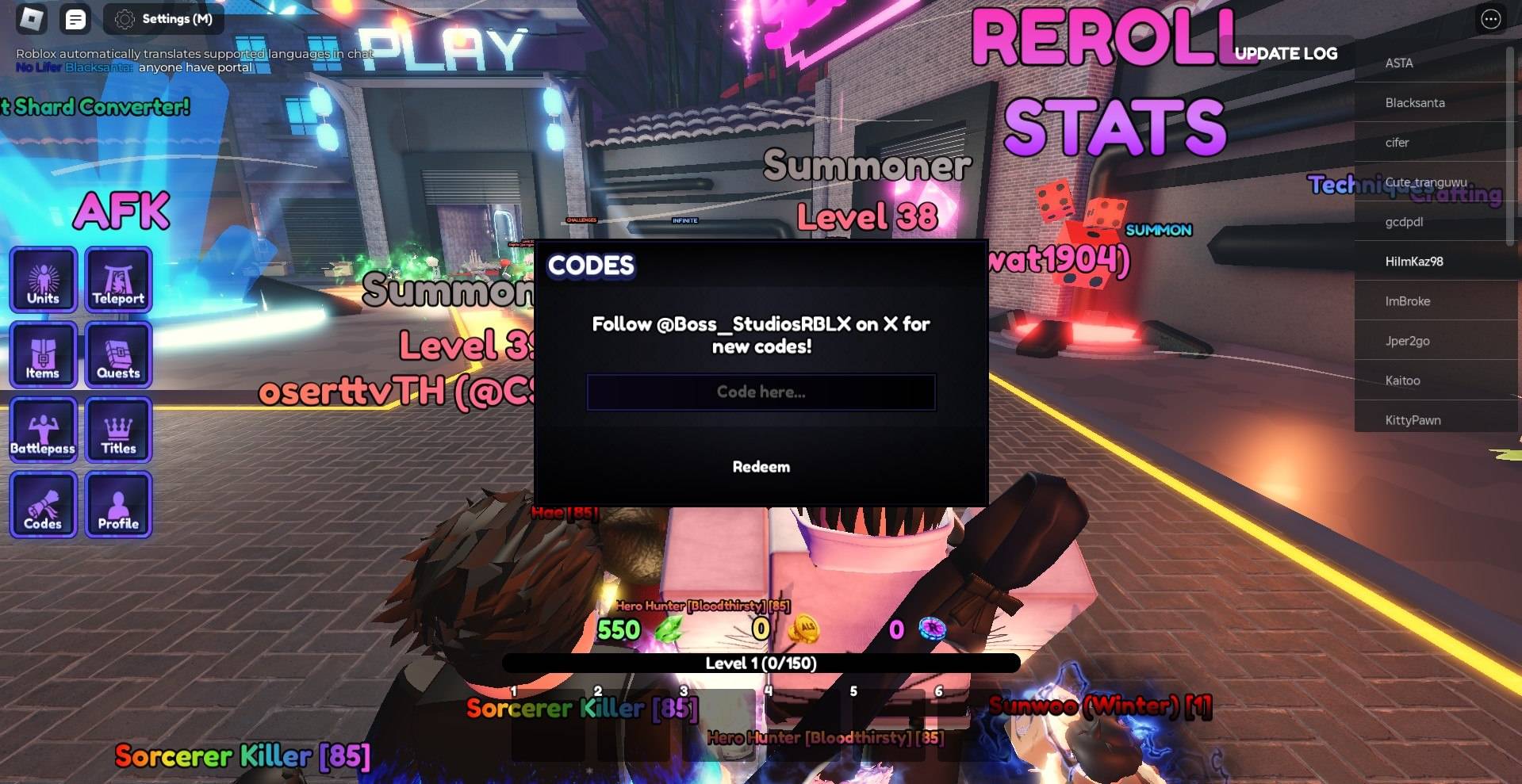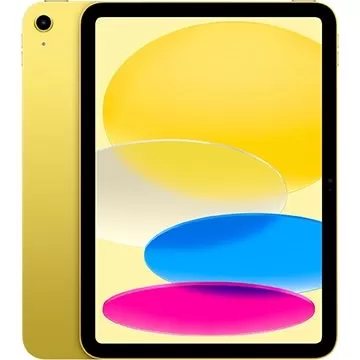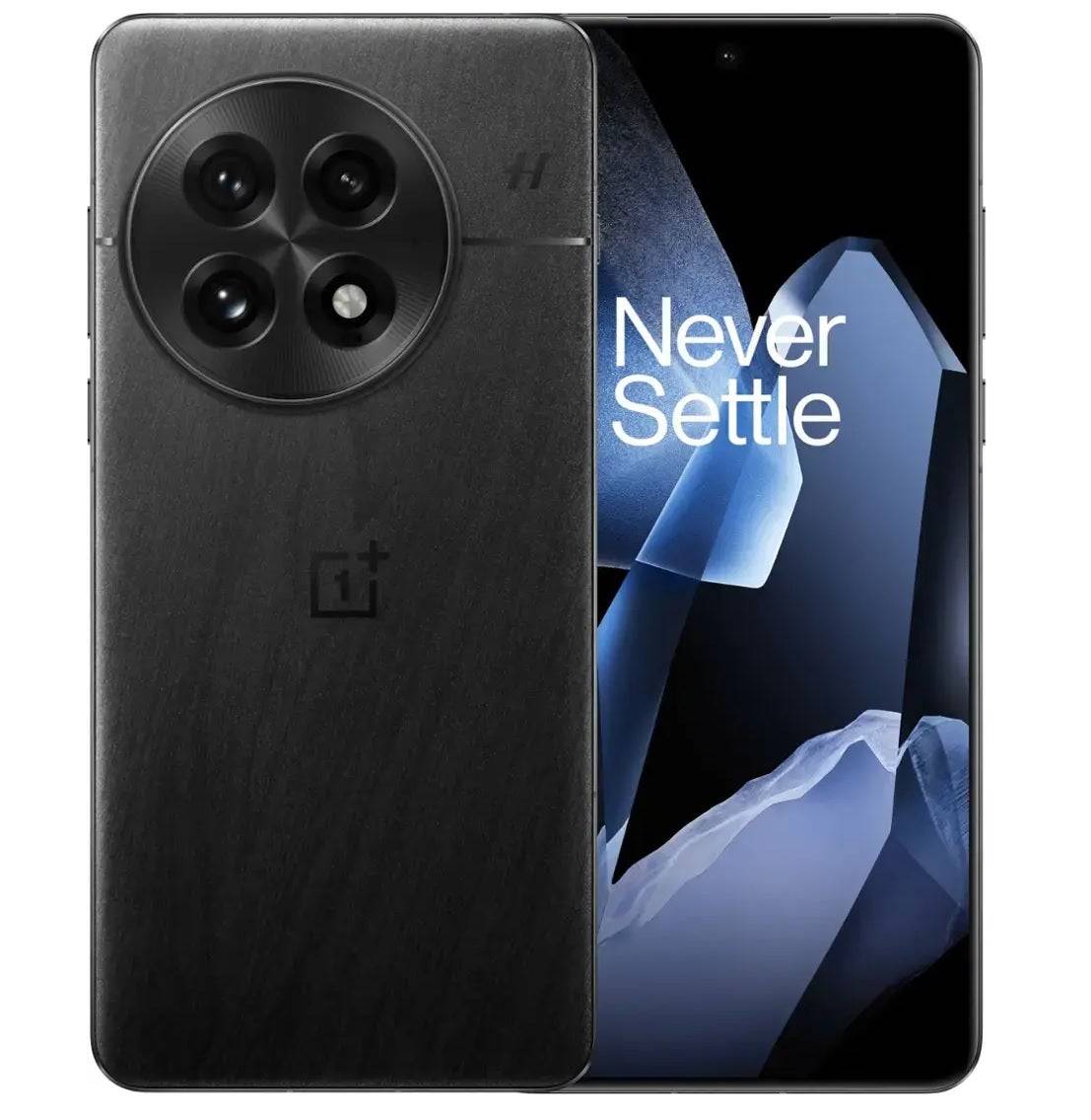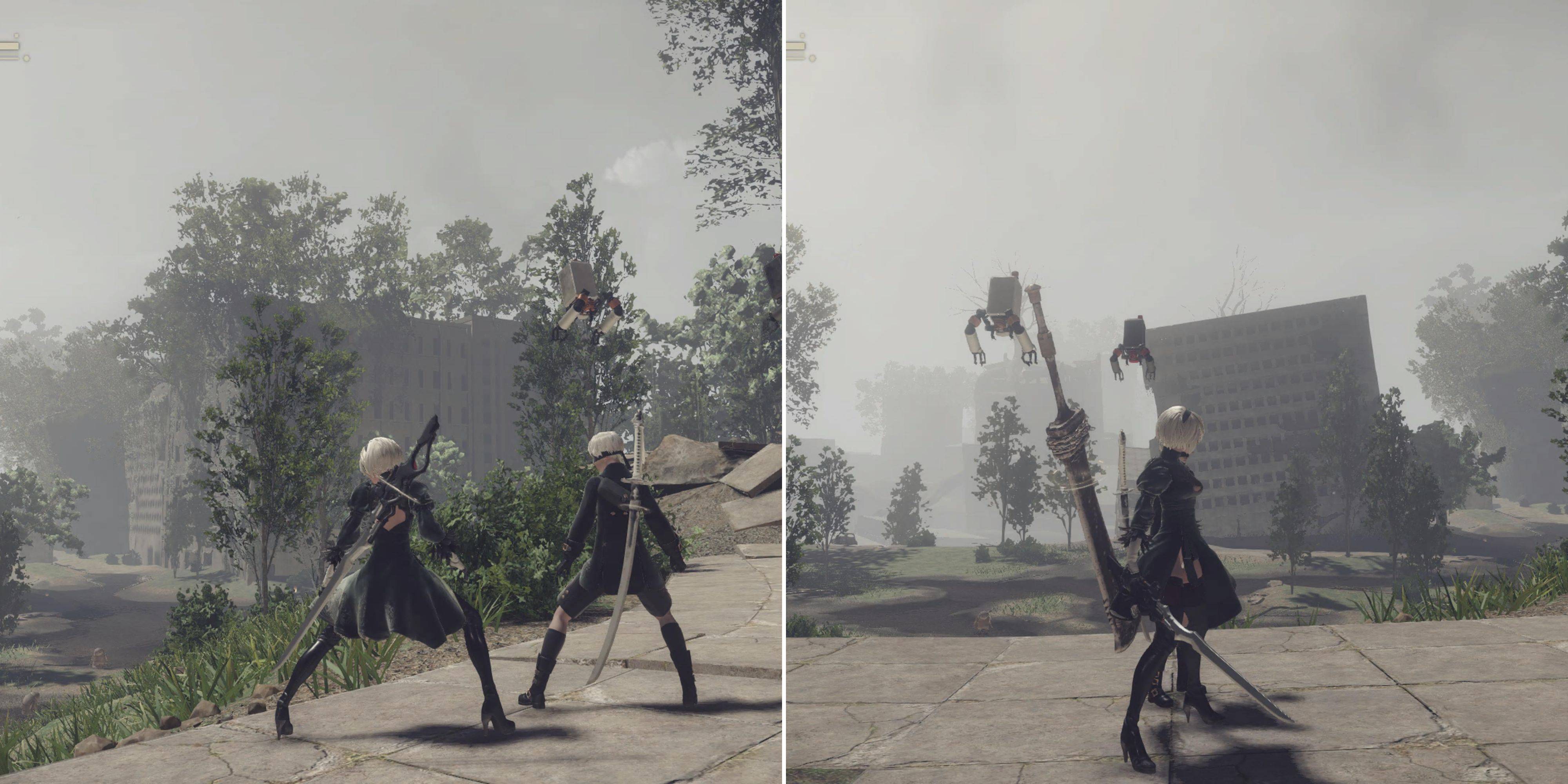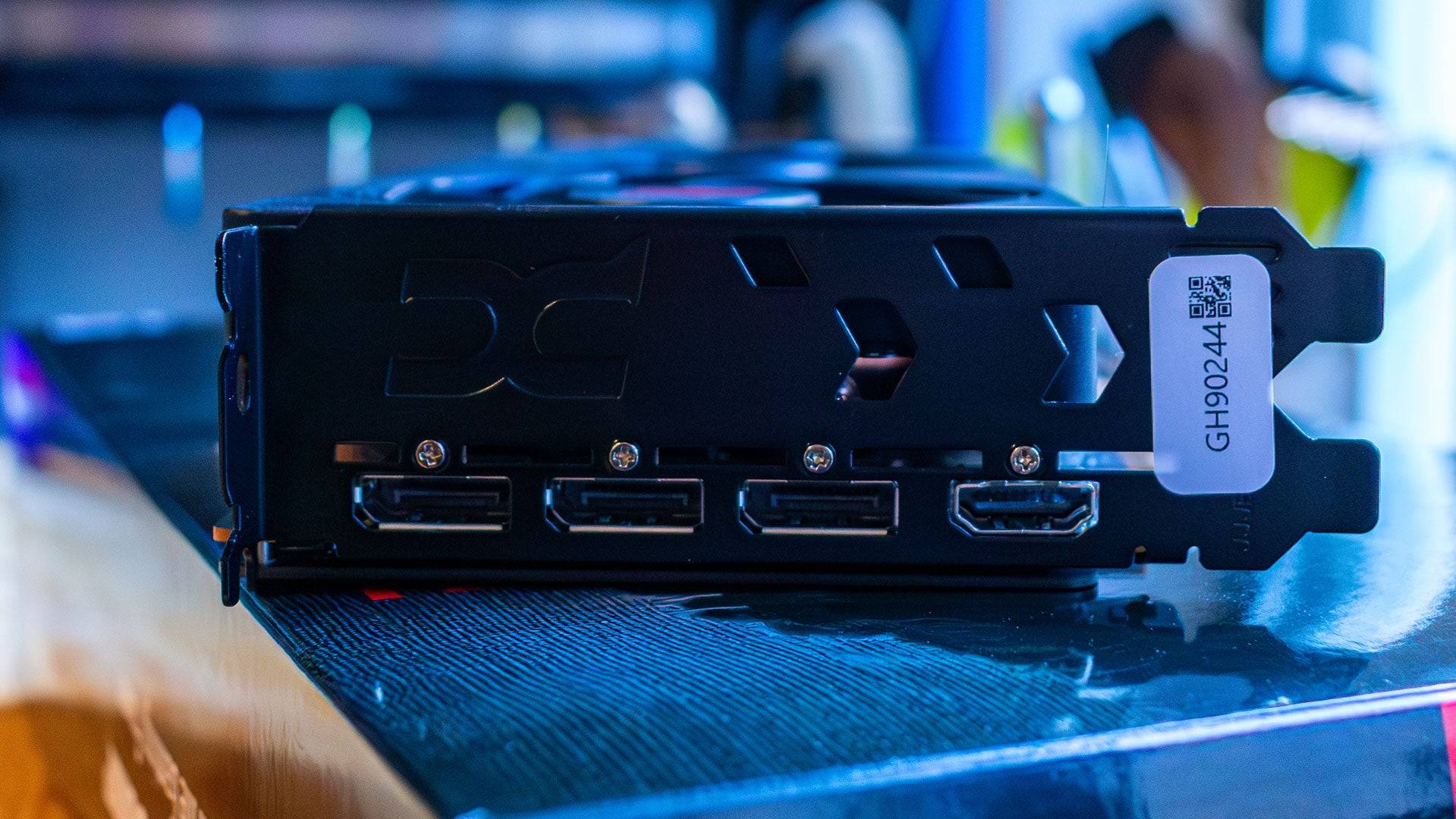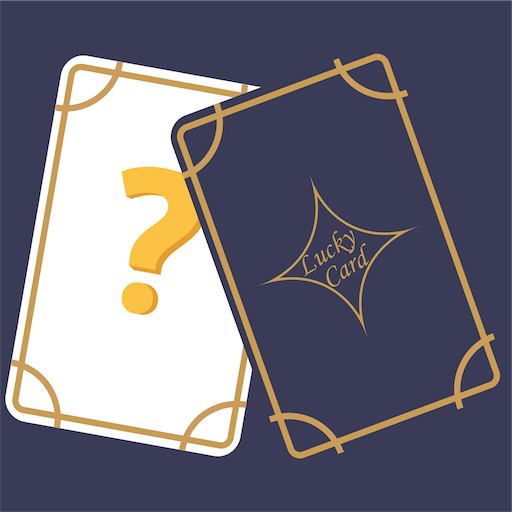Nintendo's Legal Strategy on Piracy and Emulation Revealed
Nintendo has consistently taken a hard stance against emulators and piracy, as demonstrated by several high-profile legal actions in recent years. In March 2024, the developers behind the Nintendo Switch emulator Yuzu were compelled to pay $2.4 million in damages following a settlement with Nintendo. Similarly, in October 2024, the development of the Switch emulator Ryujinx was halted after receiving communication from Nintendo. In 2023, the team behind Dolphin, an emulator for Gamecube and Wii, faced legal advice from Valve's lawyers, prompted by Nintendo, to reconsider a full Steam release due to potential legal repercussions.
One of the most notable cases involved Gary Bowser, a member of Team Xecuter, who in 2023 was charged with fraud for selling devices that circumvented the Nintendo Switch’s anti-piracy measures. He was ordered to pay Nintendo $14.5 million, a debt he will be repaying for the rest of his life.
During the Tokyo eSports Festa 2025, Koji Nishiura, a patent attorney and Assistant Manager of Nintendo's Intellectual Property Division, shed light on the company's perspective on emulation and piracy. Nishiura clarified that while emulators are not inherently illegal, their use can lead to legal issues. Specifically, if an emulator copies a game's program or disables a console's security mechanisms, it may infringe on copyrights. This stance is supported by Japan's Unfair Competition Prevention Act (UCPA), which, however, is only enforceable within Japan, complicating Nintendo's efforts to pursue legal action internationally.
Nishiura also highlighted the issue of "reach apps," third-party tools that facilitate the download of pirated software within emulators. Examples include the 3DS's "Freeshop" and the Switch's "Tinfoil," both of which could violate copyright laws.
Nintendo's legal actions have been driven by significant instances of piracy, such as the case with Yuzu, where it was claimed that The Legend of Zelda: Tears of the Kingdom was pirated one million times. The lawsuit against Yuzu also pointed out that the emulator's Patreon page was generating $30,000 monthly by offering subscribers early access and special features to games like Tears of the Kingdom.
These examples underscore Nintendo's ongoing battle against emulation and piracy, emphasizing the company's commitment to protecting its intellectual property through legal means.
Latest Articles

![1xBet [Updated]](https://imgs.yx260.com/uploads/76/1719623227667f5e3be7616.jpg)









